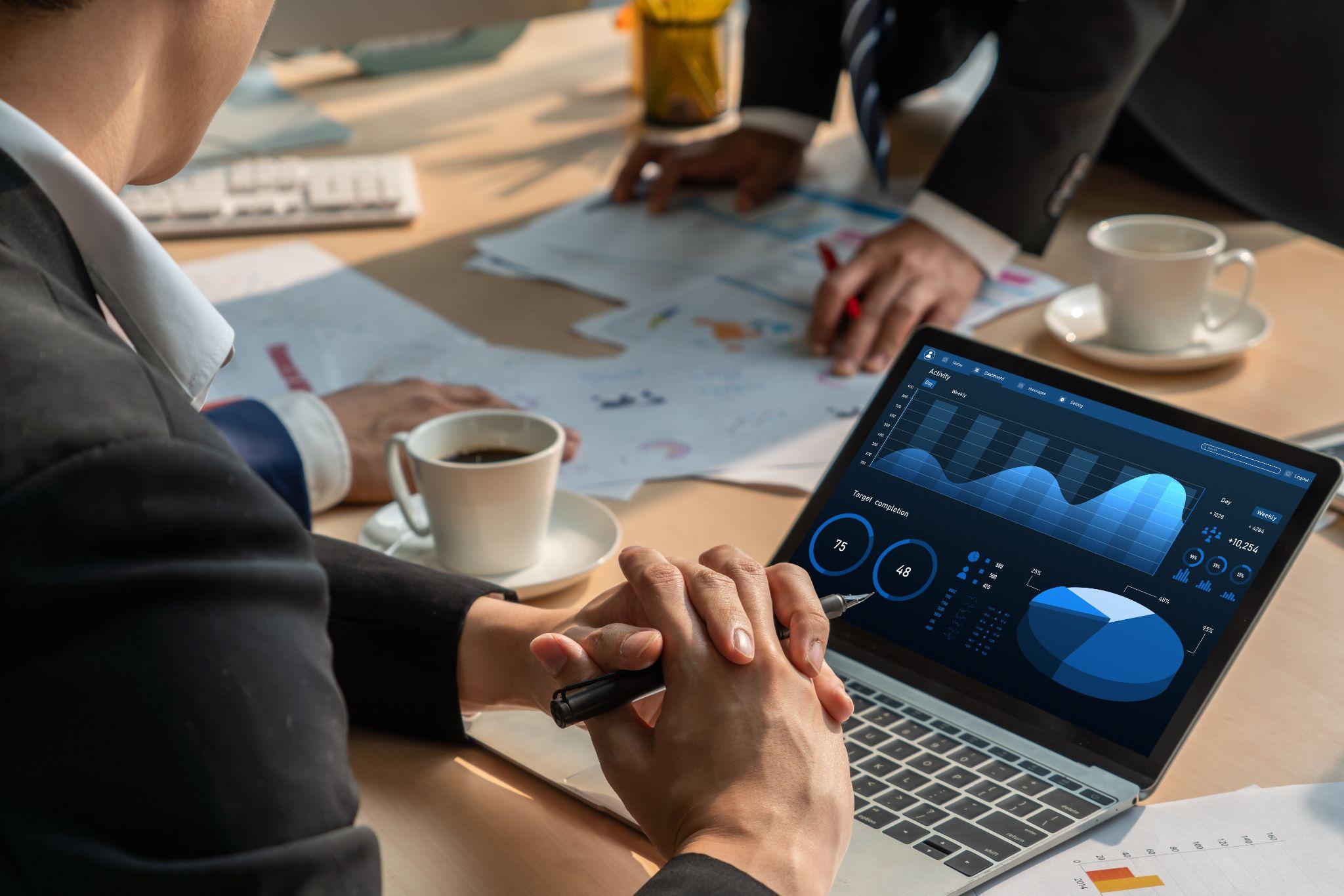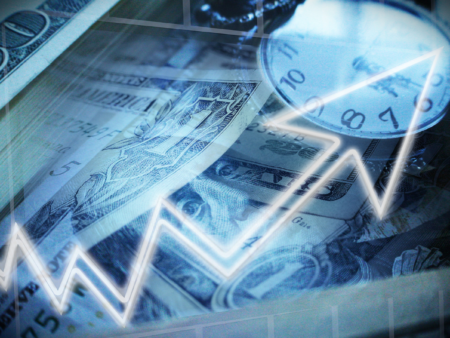
Retirement planning has evolved significantly in recent years, propelled by technological advancements that offer new tools and strategies for optimizing investment decisions. In this article, we’ll delve into how technology is revolutionizing retirement planning, empowering individuals to make smarter investment choices for a secure financial future.
The Modern Landscape of Retirement Planning
Retirement planning has always been about securing financial stability for the future. However, as populations age and life expectancies increase, the traditional approaches to retirement saving are undergoing a transformation. Today, retirement planning is not just about accumulating wealth; it’s about harnessing technology to maximize returns, minimize risks, and align investments with individual goals and values.
Harnessing Data: The Power of Fintech Solutions
One of the most significant advancements in retirement planning is the proliferation of financial technology, or fintech, solutions. These innovative platforms leverage big data, machine learning algorithms, and predictive analytics to provide personalized investment recommendations tailored to individual needs and preferences. By analyzing vast amounts of financial data in real-time, fintech tools empower investors to make informed decisions and optimize their retirement portfolios for maximum returns.
Personalized Investment Strategies: Robo-Advisors and Algorithmic Trading
Robo-advisors have emerged as a popular choice for retirement savers looking for hands-off investment solutions. These automated investment platforms use algorithms to construct and manage portfolios based on an individual’s risk tolerance, investment goals, and time horizon. With robo-advisors, investors can access diversified portfolios at a fraction of the cost of traditional financial advisors, making retirement planning more accessible and affordable for everyone.

Forecasting Future Needs: AI-Powered Retirement Planning
Artificial intelligence (AI) is revolutionizing retirement planning by providing personalized forecasts of future financial needs. AI-powered retirement planning tools analyze individual spending habits, income sources, and life expectancy to predict future expenses and income streams. By simulating various retirement scenarios and adjusting investment strategies accordingly, these AI-driven tools enable individuals to plan for a comfortable retirement with confidence and clarity.
Real-Time Monitoring and Portfolio Management
Technology has also transformed the way investors monitor and manage their retirement portfolios. With mobile apps and online platforms, investors can track portfolio performance in real-time, access market news and insights, and execute trades with the tap of a finger. This level of accessibility and transparency empowers investors to stay informed and agile in response to market developments, ensuring their retirement portfolios remain aligned with their long-term goals.
ESG Investing: Aligning Values with Investments
Another trend shaping the future of retirement planning is the growing emphasis on environmental, social, and governance (ESG) investing. With increasing awareness of social and environmental issues, many investors are seeking to align their retirement savings with their values by investing in companies that prioritize sustainability, social responsibility, and ethical governance practices. ESG investing not only allows investors to make a positive impact on the world but also offers the potential for competitive returns and risk mitigation over the long term.
H2 The Rise of Health Savings Accounts (HSAs)
Health Savings Accounts (HSAs) are gaining popularity as a dual-purpose investment tool for healthcare expenses and retirement savings. Contributions to HSAs are tax-deductible, and funds can grow tax-free, making them an advantageous way to prepare for healthcare costs in retirement. With the rising cost of healthcare and the uncertainty surrounding Medicare and Social Security, HSAs offer a valuable means of supplementing retirement income while addressing healthcare needs.
Embracing Cryptocurrency and Digital Assets
Cryptocurrency and digital assets are emerging as alternative investment options for retirement planning. While these assets carry higher volatility and risk compared to traditional investments, they also offer the potential for significant returns. As the digital economy continues to grow, more investors are considering allocating a portion of their retirement savings to cryptocurrencies like Bitcoin and Ethereum, betting on the future of decentralized finance and digital transactions.
Conclusion
As we look to the future of retirement planning, one thing is clear: technology will continue to play a central role in shaping investment decisions and strategies. From fintech solutions and robo-advisors to AI-driven forecasting tools and cryptocurrency investments, technology offers a plethora of opportunities for individuals to optimize their retirement portfolios and achieve their long-term financial goals. By embracing these technological innovations and prioritizing financial literacy, individuals can navigate the challenges and opportunities of retirement planning with confidence and clarity, securing a brighter and more prosperous future for themselves and their loved ones.










